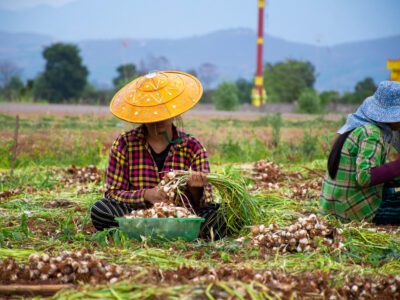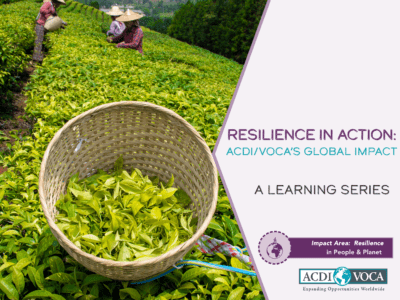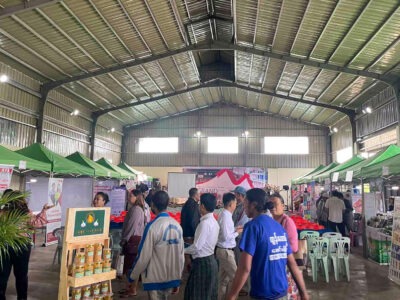The Agriculture and Food Systems Development Activity (AFDA) will increase the productivity, inclusiveness and competitiveness of key market segments in Myanmar (Burma) by facilitating wider participation in market systems and making agriculture and food systems more inclusive.
Background Narrative
AFDA will increase the productivity, inclusiveness, and competitiveness of key market segments, by facilitating broader market systems participation and sustainable transformation of agriculture and food-systems across ethnicities.
Geographic Focus
AFDA will focus on delivering impact in the following states and regions, considered the Zone of Influence (ZOI): Shan, Kachin, Mandalay, Sagaing, and Magway. Development is expected to follow a business model that leverages the private sector in secondary cities to expand and improve the delivery of services and inputs to, and supply of crop from, rural farmers. Mandalay is the largest city in this region, and its agribusinesses are currently sourcing raw goods from the identified zone. Beyond Mandalay, investment and development of other regional cities will be considered, to improve production efficiency and create off-farm economic opportunities for rural residents. AFDA may also work with Yangon-based firms that are looking to expand service/input delivery into or source their supplies from the identified Zone of Influence.
Project Objectives & Activities
Outcome 1: Increased economic interdependence among market actors of different ethnic backgrounds
Local residents will work to mobilize communities around high-value market opportunities that bring buyers/sellers/markets to ethnic minorities communities; local community-service and business organizations will generate new links to serve ethnic groups; community-based consensus activities will start to build trust among different market actors; peace and conflict mitigation will be supported through greater social cohesion and economic interdependence.
Outcome 2: Increased access to agricultural support services
AFDA will pilot and scale up activities that lead to more reliable information that fit male and female farmer needs; formal financial institutions that better understand and create products aligned to the needs of the agriculture sector and to a diverse set of clients; mechanization services that improve productivity and expand to meet the demand caused by increased labor costs and migration and lead to reductions in women’s time burdens; new insurance products available for key agriculture activities; and better extension services and improved knowledge of new technologies available to increase productivity, quality, and competitiveness of male and female smallholder farmers and producer groups.
Outcome 3: Increased availability of improved inputs
AFDA will work through various input supply firms, especially those willing to expand in Shan and Kachin, to promote dealer-run demonstrations to improve farmer uptake and ongoing support. AFDA will facilitate streamlined input distribution channels, expand opportunities for greater participation of women and youth in the input supply sector, create systems to track market demand, promote a culture of quality among input supply companies based on long-term relationships, trust, and greater availability of products tailored to smallholder needs. In turn, dealers will be able to provide access to credit and finance for inputs based on farmers’ productive capacity. Closer and more trusted input supply relationships, links to output markets, and support to farmers will increase adoption of new inputs and technologies and improve productivity with positive interethnic benefits.
Outcome 4: Smallholder supply chains expand domestic and international market access
AFDA will support processing facilities that are able to function at fuller capacity using improved modern technology; are better supplied by local producers under incentive-based contract schemes and expanded supply chain financing; have more direct relationships between exporters/buyers and producers; promote more inclusive workplace practices, including leadership opportunities for women in higher functions of the value chain as owners and operators; and better understand the roles and value of intermediaries in market channels.
Market Systems Development Fund
An important mechanism for engaging market actors and implementing partners will be a Market Systems Development Fund. Market actors will be selected competitively, ultimately signing MOUs or umbrella agreements with AFDA. Agreements will be co-created with market actors during the initial engagement, to ensure partnerships meet both the Activity’s development objectives as well as market actors’ business goals. Similarly, market actors will collaborate, learn, and adapt with AFD to make adjustments as needed over the life of their engagement with the Activity.
Project Results
Activity-Level Indicators
- 50 percent increase over baseline in Resil-b Adapted Index of Household Level Social Capital
- 125,000 individual participants
- $42 million sales of farms and firms
- 3,500 new full-time equivalent jobs
- $20 million in new private sector investment










